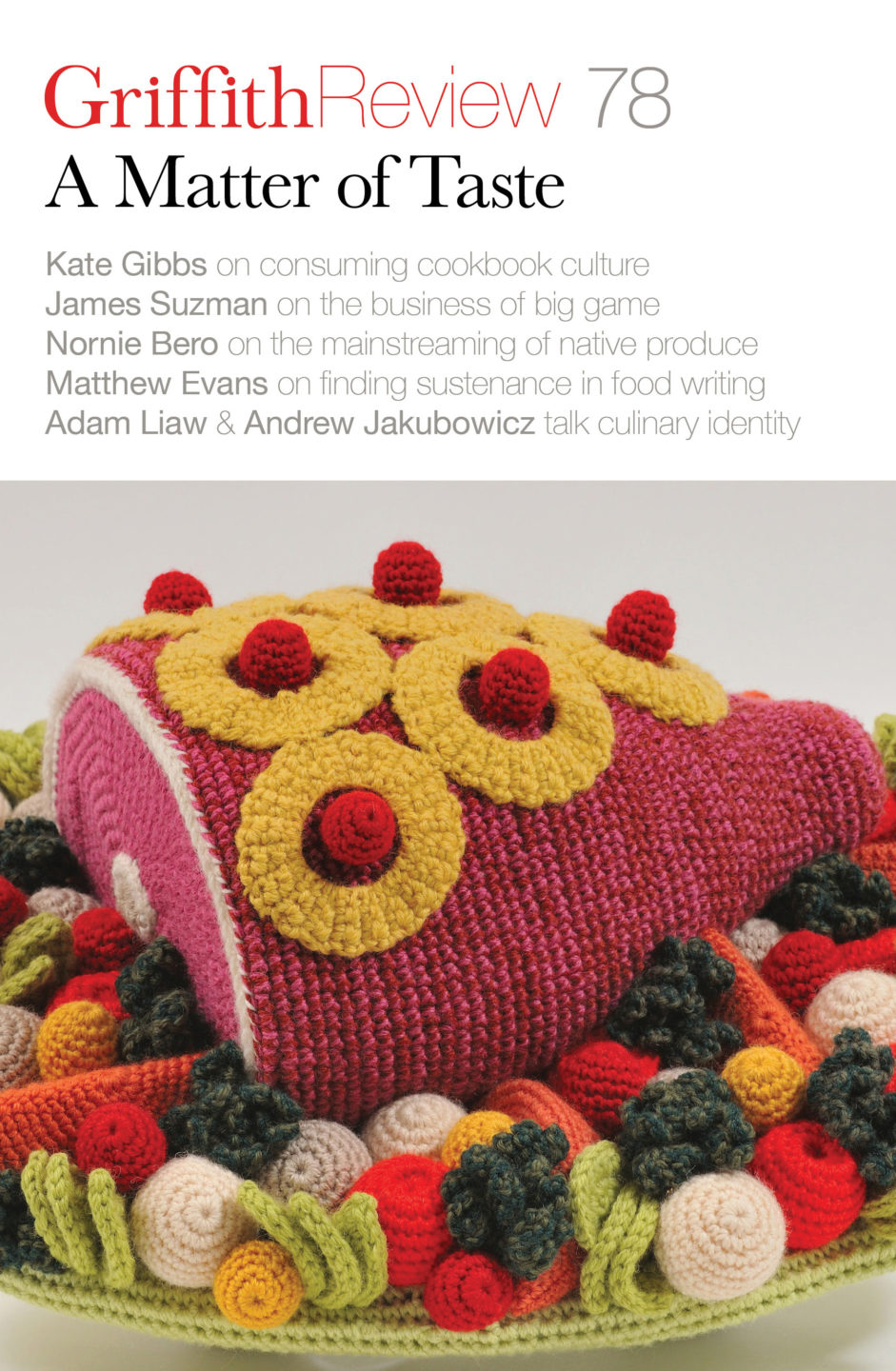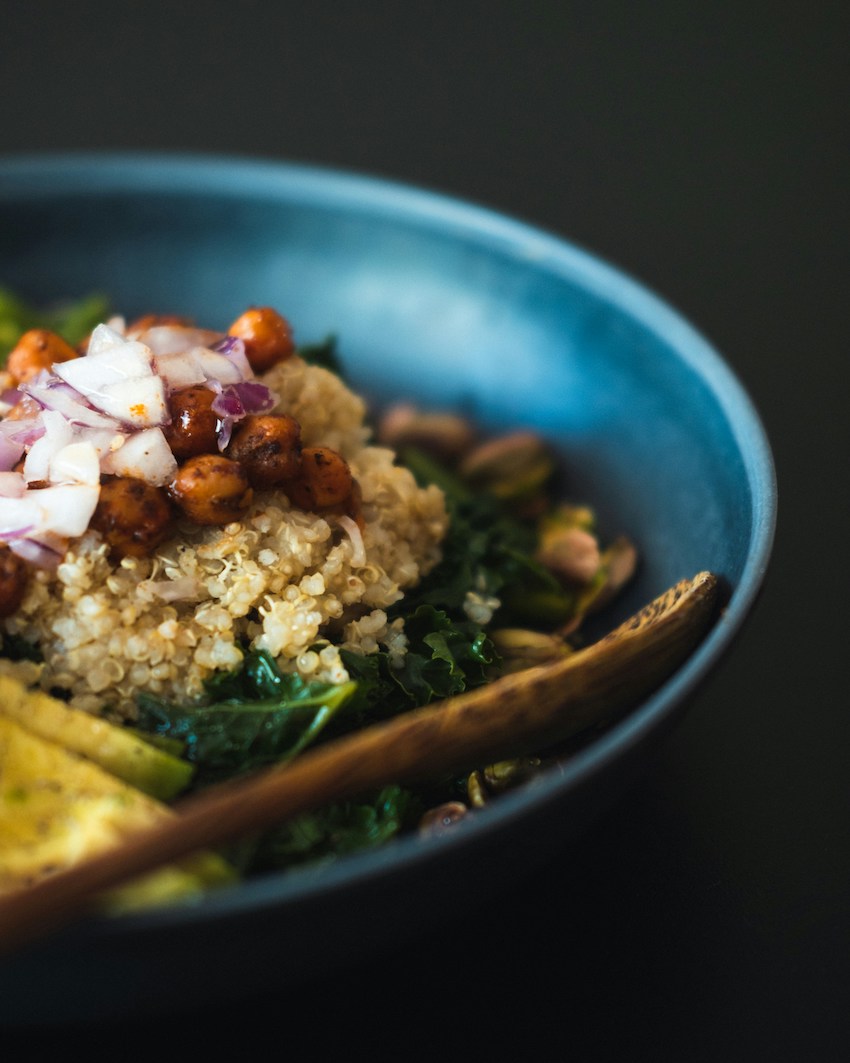Featured in

- Published 20221101
- ISBN: 978-1-922212-74-0
- Extent: 264pp
- Paperback (234 x 153mm), eBook


Already a subscriber? Sign in here
If you are an educator or student wishing to access content for study purposes please contact us at griffithreview@griffith.edu.au
Share article
More from author

The town turns over: Audio edition
MediaListen to author Laura Elvery read aloud her short story 'The town turns over', a poignant exploration of ageing, memory and endings. This story appears...
More from this edition

Finding the fundamentals of culture
MemoirValuing a job that creates something tangible is probably why, on leaving school, I opted to become a chef; I liked the idea of making food, and hopefully making people happy. It’s probably why I farm, because doing something physical, to produce something you can actually touch, is wired into me.

Old stars
FictionI found Archie by the shallow end wearing a short terry-towelling robe open to the waist. Time and tide had left him shipwrecked and bloated, but you could still recognise him from the pictures on his album covers: same dark pouf and ducktail and duotone tan, only now he got his colour from a bottle and his hair from a can. He’d been drinking gin and tonic since happy hour started, brought out by an over-attentive waitress.

Quinoa nation
FictionWe don’t stock Gwyneth Paltrow’s cookbook. I know this because Amanda thinks Gwyneth Paltrow is goofy, despite Amanda and Gwyneth Paltrow being the same person. Our customers are Gwyneth Paltrow’s target demographic. If Gwyneth Paltrow wrote a novel our book club would literally devour it.